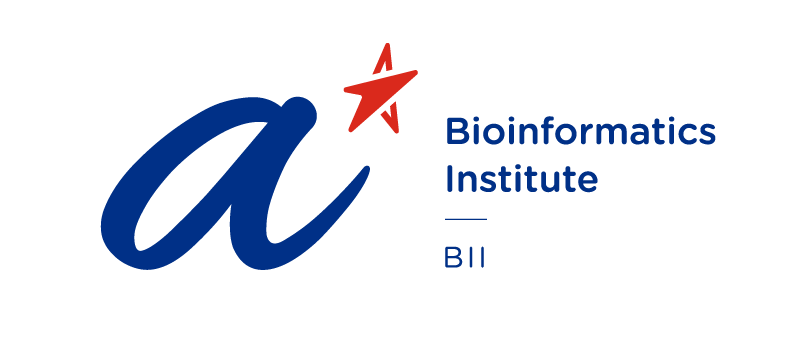Narasimhan K
Plasma lipidomic profiling reveals metabolic adaptations to pregnancy and signatures of cardiometabolic risk: a preconception and longitudinal cohort stud
Adaptations in lipid metabolism are essential to meet the physiological demands of pregnancy and any aberration may result in adverse outcomes for both mother and offspring. However, there is a lack of population-level studies to define the longitudinal changes of maternal circulating lipids from preconception to postpartum in relation to cardiometabolic risk factors.
ReadPopulation-based plasma lipidomics reveals developmental changes in metabolism and signatures of obesity risk: a mother-offspring cohort study
Lipids play a vital role in health and disease, but changes to their circulating levels and the link with obesity remain poorly characterized in expecting mothers and their offspring in early childhood.
ReadIntegrative multi-omics database (iMOMdb) of Asian pregnant women
Asians are underrepresented across many omics databases, thereby limiting the potential of precision medicine in nearly 60% of the global population. As such, there is a pressing need for multi-omics derived quantitative trait loci (QTLs) to fill the knowledge gap of complex traits in populations of Asian ancestry.
ReadIntegrative Multi-Omics database (iMOMdb) of Asian Pregnant Women.
Genome-wide association studies (GWAS) have helped identify associations between thousands of genetic variants with various diseases and traits (1). The molecular aetiologies of these phenotypes are further enhanced with molecular quantitative trait loci (QTL), linking molecular traits with phenotypes sharing genetic associations. In particular, genetic associations with gene expression and DNA methylation provide useful insight in understanding the linkage of susceptibility variants and their related genes and cell-specific regulatory elements (2).
Read